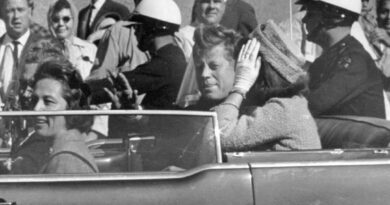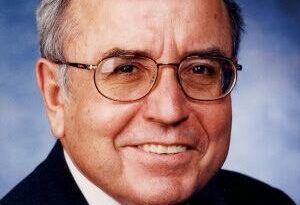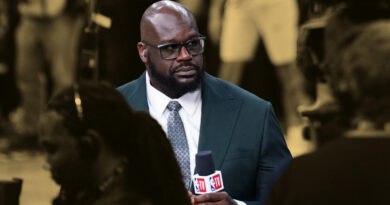The JFK assassination still haunts us

When President John F. Kennedy was assassinated in Dallas 61 years ago today, he took with him a sense of the nation’s innocence. Many of those who were in their formative years at the time remember it as a historical inflection point, a moment after which everything changed. Given the massive cultural upheavals that occurred through the rest of the 1960s and the 1970s, it’s difficult to argue the point. While it’s debatable how much President Kennedy’s death actually precipitated that sea change, it’s beyond dispute that it marked its beginning.
In some respects, the cultural significance we’ve attached to the assassination has come at the expense of a more thorough consideration of the president himself.
It bears remembering that one of the reasons that JFK is still a figure of such widespread devotion is that his appeal transcends contemporary party divisions. Progressives look to his legacy with a wistful sense of what might have been, remembering a figure who represented generational change, a commitment to civil rights and a promise that the “best and brightest” really could change Washington for the better. Conservatives, meanwhile, never tire of noting that President Kennedy was an advocate for tax cuts, a staunch anti-communist and a man committed to the importance of America’s role as a global leader.
In one sense, he is a reminder of a bygone era. Today it’s difficult to imagine any figure from either party combining these traits, as both Democrats and Republicans have tilted farther toward their ideological extremes in the years since the assassination. In another sense, however, he’s also a testament to the power of the blank slate. To hear either liberals or conservatives tell it, President Kennedy, had he served out his time in office, would have inevitably moved the country in their direction. It asks far too much of the man to impress his memory into the service of such contemporary political agendas.
Kennedy was far from a perfect figure. His personal peccadilloes are well known, and it’s worth remembering that his brief time in office was marred by some disastrous missteps, such as the Bay of Pigs invasion. He was also, however, a totem of a confident America — a nation that strove to be both good and great, and that perpetually saw hope on the horizon. That alone is reason enough to remember him today, six decades after his life was cut short.
It is telling that all these years later, Americans remain fixated on his horrific assassination. President-elect Donald Trump has vowed to release the remaining hidden documents about the assassination.
The 1964 Warren Commission concluded JFK was killed by a lone assassin, a Marxist former Soviet-defector Lee Harvey Oswald; who in turn was killed three days later by Jack Ruby. Inevitably, numerous conspiracy theories arose, with the blame going variously to the CIA, the FBI, the military, the mafia, Vice President Lyndon Johnson, the Soviets, Fidel Castro and others.
There have been attempts to deal with the files before, especially for JFK. The 1976 House of Representatives Select Committee on Assassinations concluded in its 1979 final report, JFK “was probably assassinated as a result of a conspiracy.” But that itself was 45 years ago and was based on contentious interpretations of audio recordings.
We don’t take a side on what the files still held by the government might reveal. But the files belong to the American people. It’s our right to see them — all of them.
A version of this editorial was first published on Nov. 22, 2013.
©2024 MediaNews Group, Inc. Visit ocregister.com. Distributed by Tribune Content Agency, LLC.


